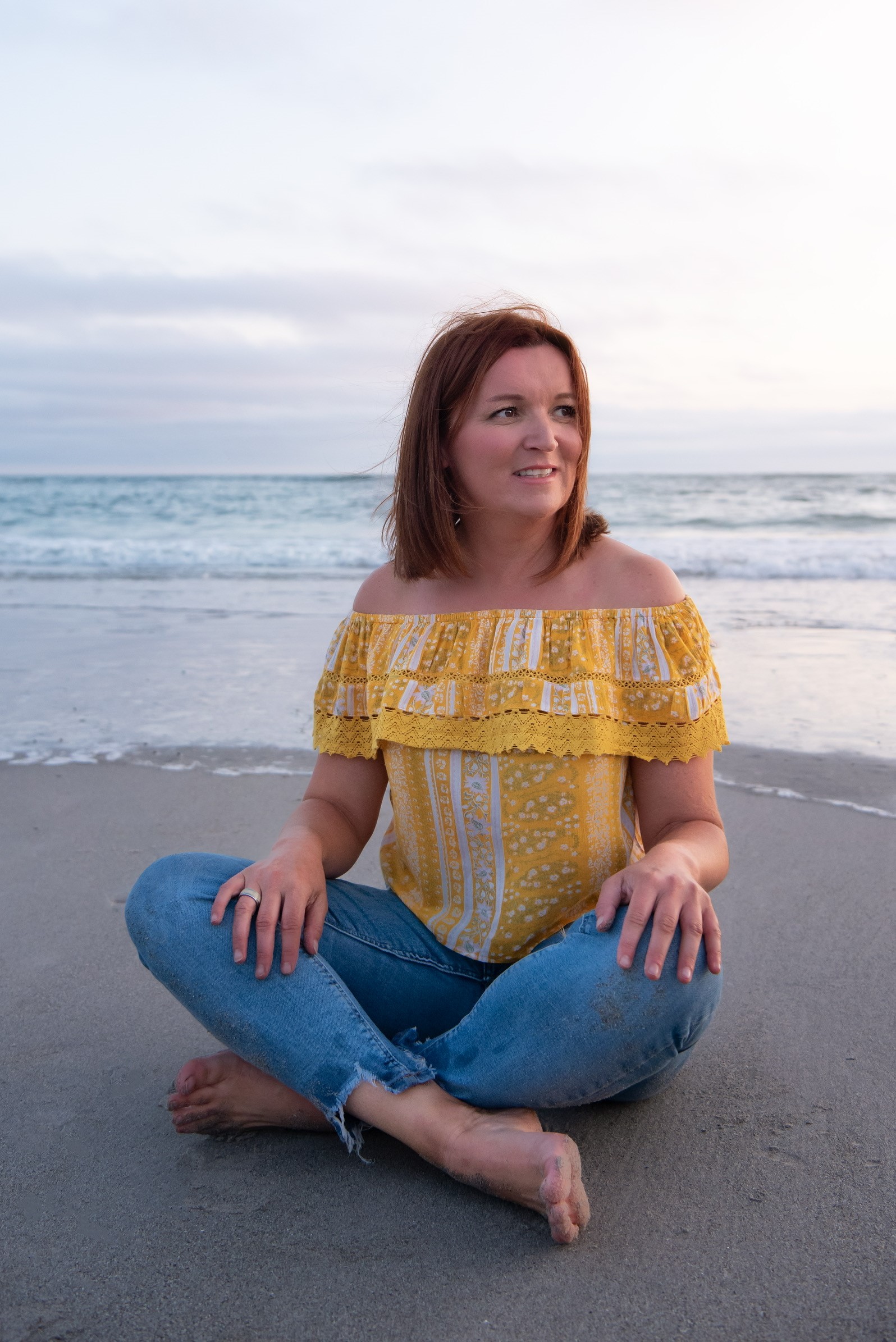


How much is enough? Or when is good, good enough when it comes to sustainability?
In a new monthly column in partnership with Express and Connect Magazine, the Jersey Association of Sustainability Practitioners (JASP) explores issues surrounding sustainable practice on our island, as it looks to inspire positive change and contribute to Jersey’s sustainability agenda.
This month, Sarah Carré, Founder of The People and Planet Company, questions whether we should start by shifting our perception of what sustainability really means…
How much is enough? Or when is good,good enough when it comes to sustainability? Without standardised benchmarking or regulation, it’s hard to make the claim that an organisation is truly sustainable. Thedefinition of sustainable used in the industry, comes from the 1987 United Nations Brundtland Commission:‘Meeting the needs of the present without compromising the ability of future generations to meet their own needs.’
In her 1998 paper Indicators and Information Systems for Sustainable Development, Donella Meadows gave weight to using this withinappropriate context, saying: “Sustainabilitymeasures should be related to carrying capacity or to threshold of danger or to targets. Tons of nutrient per year released into waterways means nothing. Amounts released relative to the amount the waterways can absorb without becoming toxic or clogged begins to carry a message.’’

Pictured: Sarah Carré is the Founder of The People and Planet Company.
We need to start measuring the impact on people and the planet against available resources(natural or human) to introduce context, therefore lifting the veil as to whether anorganisationoperates within its fair share. Using too much or not regenerating enoughaffects the needs of current and future generations and is therefore, by definition, unsustainable.There really can be no such thing as‘more’ or ‘less sustainable’ – there is only sustainable or not. Picture a seesaw, with degeneration on the left, regeneration on the right, and sustainabilityat the middle.We need to start moving our focus from left to right.
The degenerating state of our biosphere tells us we must operate within limits. In 2023,The Stockholm Resilience Centreconcluded that six of the nine planetary boundaries within which humanity can continue to develop and thrive have been transgressed. The result? A staggering increase in natural disasters with devastating effects on the population, such as the 2022 floods in Pakistan affecting 33 million people.
Mainstream practices often overcomplicate the system, as they aren’tbuilt to measure sustainability, only accounting for better or worse performance. Whilst improvement is important, do such measurements go far enough to make a meaningful difference?
Context-based practices call for the measurement, management and reporting of sustainability performance relative to real social, economic and ecological thresholds, allowing authenticity, as well as compliance. Pioneers of this approach include The Centre for Sustainable Organizations andthe UN Research Institute for Social Development and Noble Profit.A recent report from EYon the adoption of regenerative principles also recommends context-based measurement.
For organizations to thrive and make a positive difference in our world, we need to reframe our thinking of sustainability. It is not carbon offsetting alone, or even working towards a carbon neutral position, but a transformation towards regeneration considering all the social and economic consequences.We need to embrace context-based reporting to see sustainability as a bigger picture, building business strategy around this to become more responsible corporate citizens and ultimately, have a greater impact on our planet’s future.
This article first appeared in the August edition of Connect Magazine – pick up a FREE copy around the island or read the digital edition in full below...
Comments
Comments on this story express the views of the commentator only, not Bailiwick Publishing. We are unable to guarantee the accuracy of any of those comments.